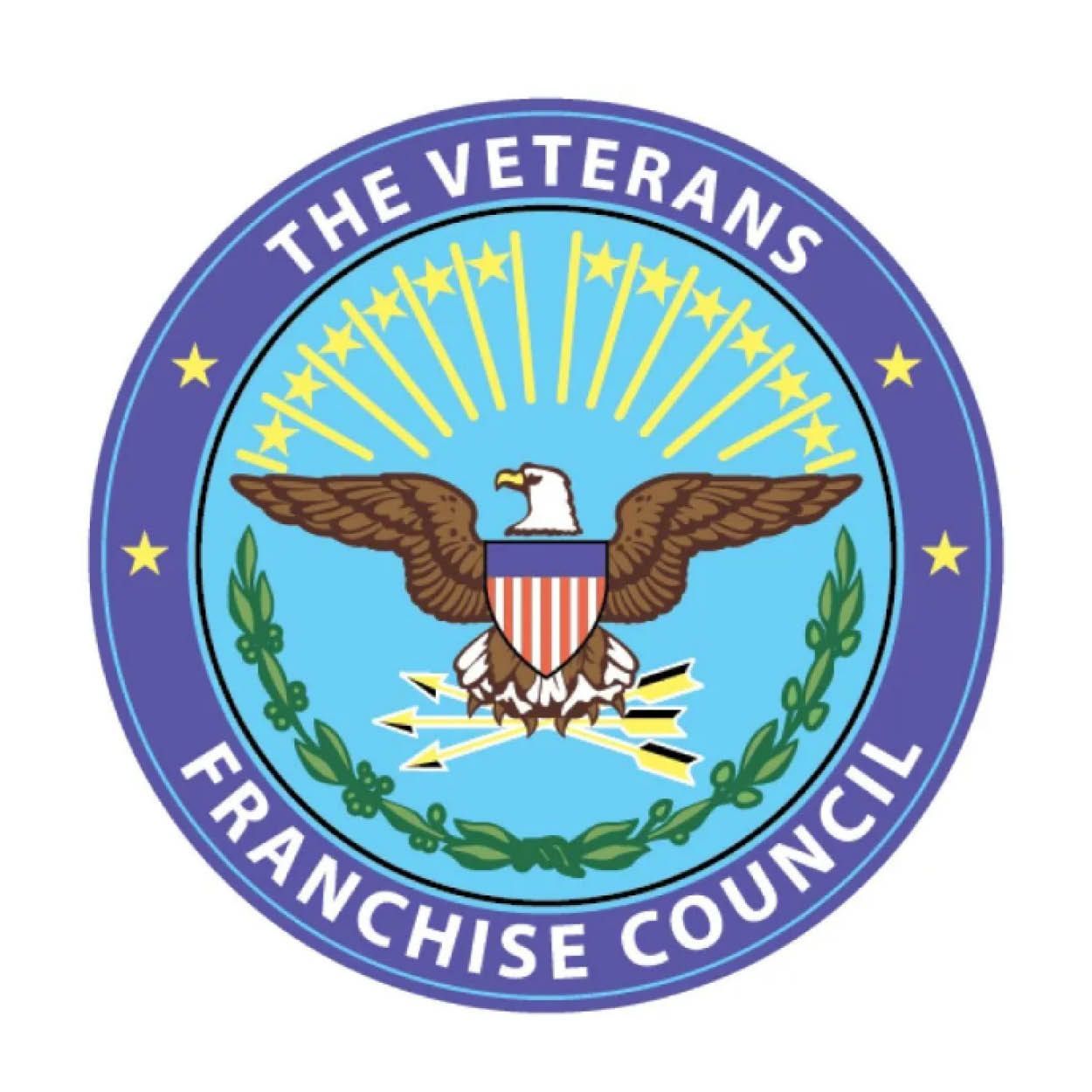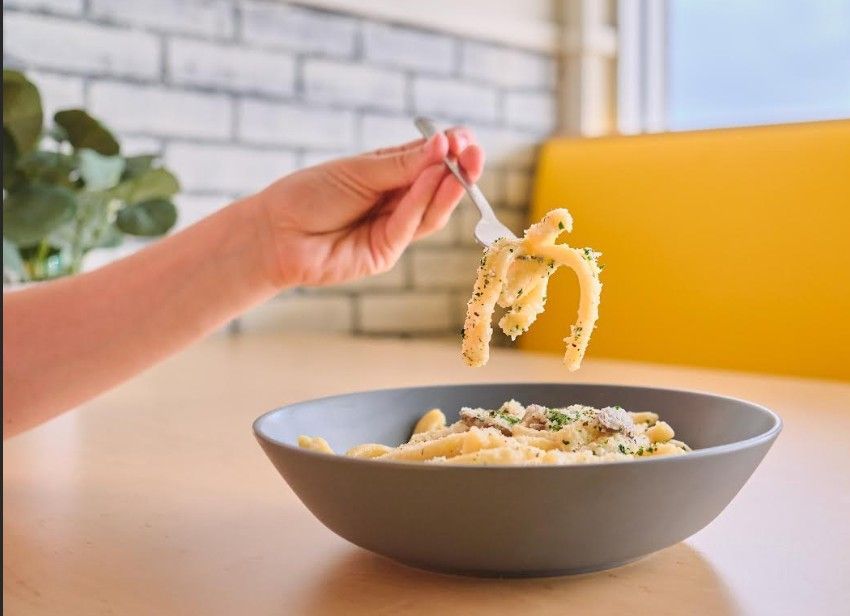Nurturing Precision and Dexterity: The Importance of Fine Motor Skills Development for Children
Fine motor skills are the intricate movements and coordination of small muscles in the hands and fingers. These skills are essential for performing everyday tasks such as writing, buttoning clothes, using utensils, and tying shoelaces. In this article, we will explore the significance of fine motor skills development in childhood, highlighting its impact on academic success, independence, and overall cognitive and physical development.
Precise Hand-eye Coordination
Fine motor skills development plays a vital role in developing precise hand-eye coordination. By engaging in activities that require the manipulation of small objects, such as threading beads, building with blocks, or solving puzzles, children learn to coordinate their hand movements with visual input. This synchronization between the eyes and hands is crucial for tasks like writing, drawing, and using tools effectively. The development of hand-eye coordination not only improves accuracy but also enhances spatial awareness and visual perception.
Academic Readiness and Success
Fine motor skills are closely linked to academic readiness and success. Proficiency in tasks like writing, drawing, and coloring allows children to express their thoughts and ideas effectively. It enables them to develop essential pre-writing skills such as pencil grip, letter formation, and the ability to control the flow and pressure of writing utensils. Strong fine motor skills enhance children's ability to complete academic assignments, engage in classroom activities, and navigate the demands of early literacy and numeracy. These skills provide a foundation for academic achievement and future learning.
Independence and Daily Living Skills
Fine motor skills development promotes independence and the mastery of daily living skills. As children refine their abilities to manipulate small objects, they become more self-sufficient in activities like dressing, feeding themselves, and tying shoelaces. Fine motor skills enable children to handle zippers, buttons, and snaps, facilitating independence in getting dressed. They also improve hand strength and coordination, allowing children to handle utensils, cut with scissors, and perform tasks necessary for self-care. Developing these skills empowers children to participate actively in their own care and fosters a sense of autonomy.
Enhanced Cognitive Development
Fine motor skills development has a positive impact on cognitive development. The intricate hand movements required in activities like drawing or playing musical instruments stimulate brain development and enhance neural connections. Fine motor activities also engage the brain's planning and problem-solving centers, fostering cognitive skills such as concentration, attention to detail, and strategic thinking. The development of fine motor skills strengthens children's ability to focus, follow instructions, and engage in complex tasks, all of which are essential for academic and intellectual growth.
Promoting Creativity and Self-expression
Fine motor skills development is closely linked to creativity and self-expression. The ability to manipulate materials and control tools allows children to explore their imagination, experiment with various art mediums, and express their thoughts and emotions through drawing, painting, and sculpting. Fine motor skills enable children to bring their ideas to life, fostering creativity, and promoting individuality. Engaging in artistic activities also enhances fine motor control, precision, and attention to detail, further enhancing the development of these skills.
Social and Emotional Development
Fine motor skills development contributes to social and emotional development. As children engage in activities that involve sharing materials, taking turns, and collaborating, they develop important social skills such as patience, cooperation, and empathy. Fine motor activities also provide a sense of accomplishment and satisfaction when children complete tasks and create something tangible. This sense of achievement boosts self-esteem, fosters a positive self-image, and promotes emotional well-being.
Fine motor skills development is a critical aspect of a child's overall growth and development. From academic readiness and independence to cognitive stimulation and social-emotional development, these skills play a pivotal role in shaping a child's abilities and future success
ABOUT THE AUTHOR
Contact Verona Coulter at
verona@thefranchiseconsultingcompany.com.











